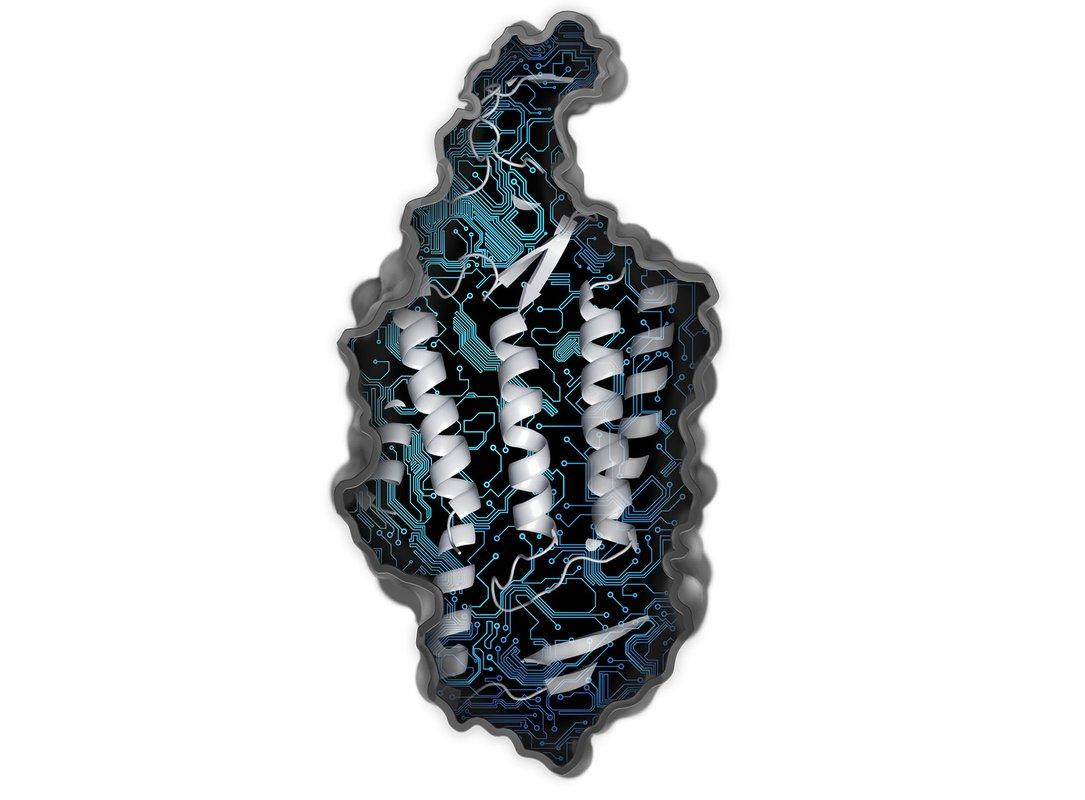Talk Title: Engineered gene delivery vectors and microbial opsins for precise and minimally-invasive study and repair of nervous systems
Abstract:
Professor Gradinaru’s research group at Caltech specializes in developing neuroscience tools and methods, including engineering of new viral vectors with optimized brain tropism after systemic delivery. In addition to developing technologies for neuroscience, Professor Gradinaru has also been using such tools and methods to dissect circuitry underlying movement, mood, and sleep disorders (Gradinaru et al., Science, 2009; Xiao et al, Neuron, 2016; Cho et al, Neuron, 2017; Oikonomou et al, Neuron, 2019). The Gradinaru group at Caltech has recently developed and disseminated various new tools for less invasive gene delivery and optogenetics to the brain (Deverman et al Nature Biotechnology 2016; Chan et al Nature Neuroscience 2017; Challis and Kumar et al Nature Protocols 2019; Bedbrook et al Nature Methods 2020; Kumar et al Nature Methods 2020). With collaborators and her own Caltech group, Prof. Gradinaru is now applying these gene delivery tools to neurodevelopmental and neurodegenerative disorders (Challis et al Nature Neuroscience 2019; Rauch et al Nature 2020).

Biography:
Professor Viviana Gradinaru completed her B.S. at Caltech and her Ph.D. research at Stanford University and is now a Professor of Neuroscience and Biological Engineering at Caltech. Professor Gradinaru has more than 70 publications in top peer-reviewed journals and more than 10 granted patents, additional pending, in areas of optogenetics, viral vectors, and tissue clearing and imaging. Professor Gradinaru has received the NIH Director’s New Innovator and Pioneer Awards and a Presidential Early Career Award for Scientists and Engineers, and has been honored as a World Economic Forum Young Scientist. Gradinaru is also a Sloan Fellow, Pew Scholar, Moore Inventor, Vallee Scholar, and Allen Brain Institute Council Member, and received the inaugural Peter Gruss Young Investigator Award by the Max Planck Florida Institute for Neuroscience. In 2017 she was the Early-Career Scientist Winner in the Innovators in Science Award in Neuroscience (Takeda and the New York Academy of Sciences); in 2018 she received a Gill Transformative award; in 2019 Gradinaru was a Life Sciences Finalist for the Blavatnik National Awards for Young Scientists; and in 2020 she was the winner of Science Magazine & PINS Prize for Neuromodulation and awarded: the Vilcek Prize for Creative Promise in Biomedical Science; the Outstanding New Investigator Award by the American Society of Gene and Cell Therapy; and the Society for Neuroscience Young Investigator Award.
Professor Gradinaru teaches undergraduate and graduate level classes on viral biology and optogenetics techniques in neuroscience. Viviana Gradinaru has also been very active in technology dissemination, participating with lab members in regular technology training workshops at Caltech and for summer courses at Cold Spring Harbor Laboratory as well as founding and now advising the CLOVER Center (Beckman Institute for CLARITY, Optogenetics and Vector Engineering), which provides training and access to the group's reagents and methods for the broader research community (awarded Addgene Blue Flame for reagent dissemination). Gradinaru is also a cofounder and board member of Capsida Biotherapeutics, a fully integrated AAV engineering and gene therapy company.
Click here to register via Eventbrite

Using machine learning, Caltech researchers can develop novel variants of channelrhodopsins, which enable non-invasive optogenetics when packaged in viruses that can cross the blood-brain barrier. Image credit: Courtesy of Claire Bedbrook and the Gradinaru Lab at Caltech
